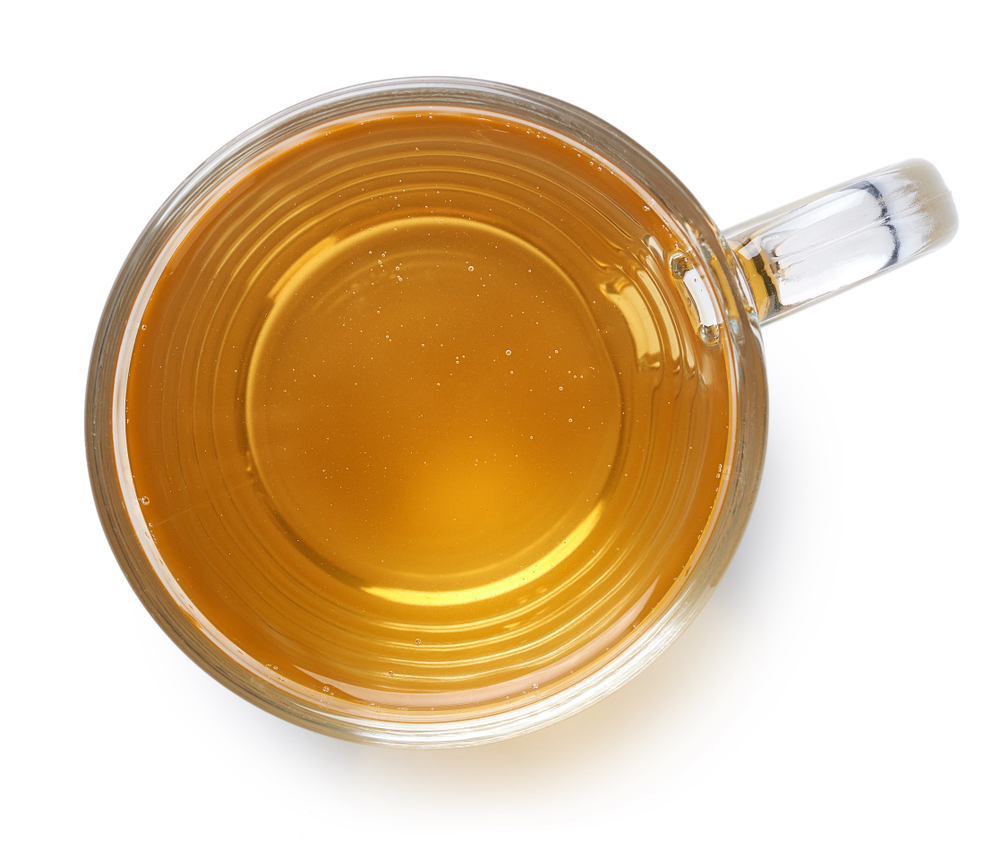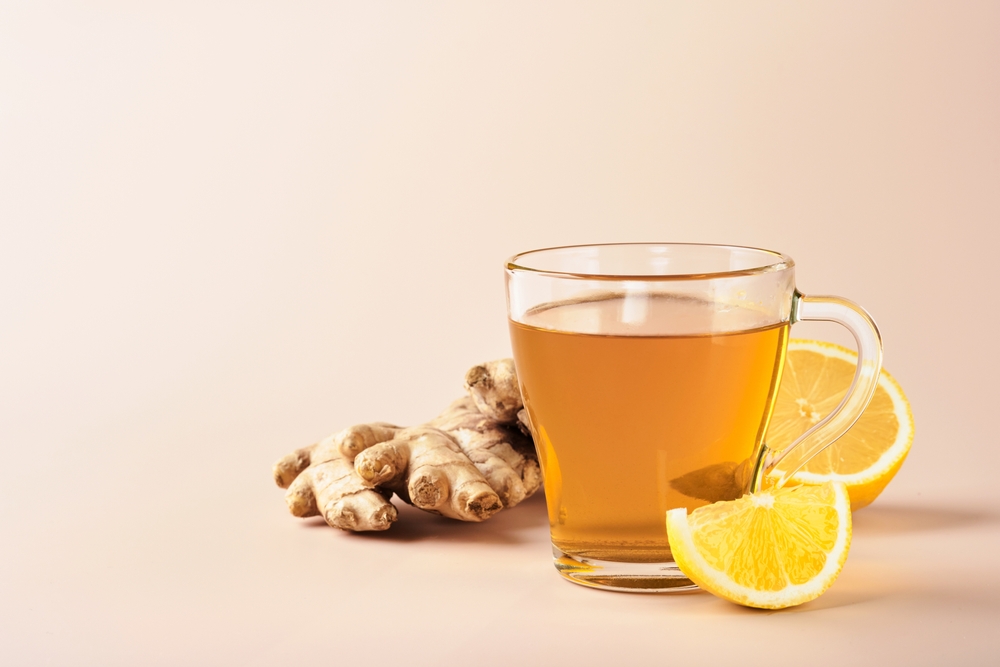Hypertension, or high blood pressure, is a prevalent health concern that affects millions of people worldwide. While various medications are available to manage this condition, many individuals are turning to natural remedies and lifestyle changes to help maintain healthy blood pressure levels. One such remedy is ginger tea, a popular herbal beverage known for its numerous health benefits. In this article, we will explore how ginger tea can be particularly beneficial for controlling and managing blood pressure. We’ll delve into the properties of ginger that make it effective for this purpose, how it can be incorporated into a daily routine, and the potential impacts on overall cardiovascular health, with a special focus on women over 50 who might be more susceptible to hypertension.

The Power of Ginger
Ginger, scientifically known as Zingiber officinale, has been used for centuries in traditional medicine to treat a variety of ailments. Its active compounds, such as gingerol, are believed to contribute to its medicinal properties. One of the key ways ginger can benefit blood pressure management is through its ability to relax blood vessels. Ginger helps expand blood vessels, which in turn reduces resistance to blood flow and lowers blood pressure.
Additionally, ginger has anti-inflammatory and antioxidant properties that can protect the cardiovascular system. Chronic inflammation and oxidative stress are contributors to high blood pressure, making ginger an attractive natural remedy for those seeking to maintain their heart health.

Incorporating Ginger Tea into Your Daily Routine
Now that we understand why ginger is beneficial for blood pressure management, let’s explore how you can incorporate ginger tea into your daily routine:
- Brewing Ginger Tea: You can make ginger tea by slicing fresh ginger (about a 1-inch piece) and steeping it in hot water. Alternatively, ginger tea bags and ginger tea blends are readily available in stores. To enhance its flavor and potential health benefits, consider adding a slice of lemon or a touch of honey.
- Consistency Matters: To experience the full benefits of ginger tea for blood pressure management, make it a regular part of your routine. Aim to drink 1-2 cups of ginger tea per day. Be patient; it may take a few weeks to see noticeable results.
- Balanced Diet: While ginger tea can be a valuable addition to your diet, remember that a balanced diet is crucial for overall cardiovascular health. Incorporate plenty of fruits, vegetables, lean proteins, and whole grains into your meals.
- Physical Activity: Regular exercise is another important factor in blood pressure management. Combine ginger tea with a suitable exercise routine to maximize its effectiveness.

The Special Role for Women Over 50
Women over 50, especially those experiencing menopause, are at an increased risk of developing hypertension. The hormonal changes during this stage of life can lead to blood pressure spikes. Ginger tea can be particularly beneficial for this demographic due to its additional advantages:
- Menopausal Symptom Relief: Ginger has been known to alleviate some menopausal symptoms like hot flashes and mood swings. By easing these discomforts, ginger may indirectly contribute to better blood pressure control.
- Bone Health: Older women are also concerned about bone health. Ginger has shown potential in supporting bone density, which is essential for overall well-being.
- Weight Management: Maintaining a healthy weight is critical for blood pressure control. Ginger can aid in weight management by promoting a feeling of fullness and boosting metabolism.
- Digestive Health: Ginger tea can help with digestion, which can be beneficial for older individuals who may experience digestive issues more frequently.

Ginger tea offers a natural and accessible way to manage blood pressure effectively. Its ability to relax blood vessels, reduce inflammation, and provide antioxidants makes it a valuable addition to a heart-healthy lifestyle. For women over 50, ginger tea can be particularly advantageous due to its potential to alleviate menopausal symptoms, support bone health, aid in weight management, and promote digestive well-being. However, it’s essential to remember that while ginger tea can be a helpful part of your blood pressure management strategy, it should not replace any medications or treatments prescribed by your healthcare provider. Always consult with a medical professional before making significant changes to your health routine.

